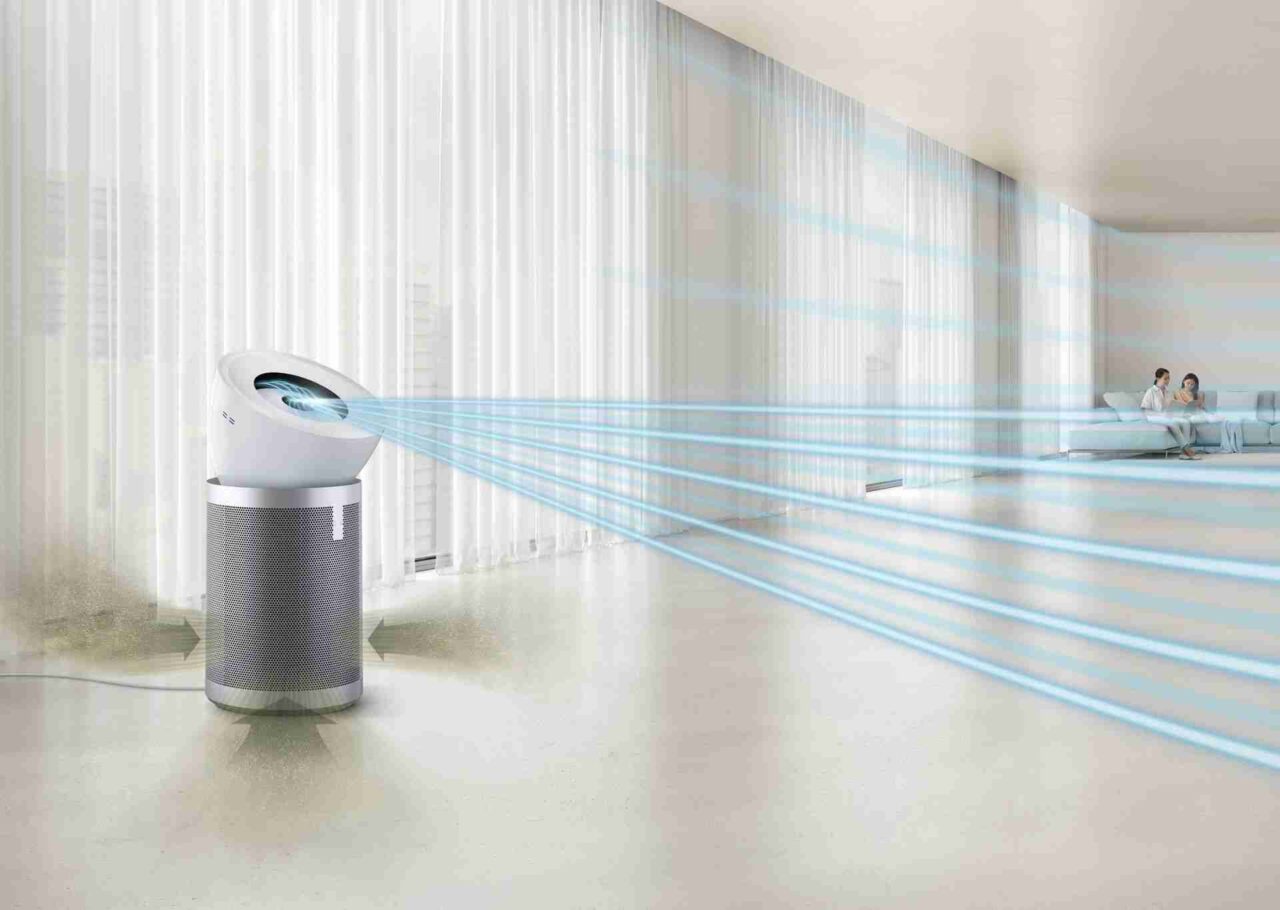n the realm of environmental care, Dyson stands out as a leading multinational technology brand committed to advancing the frontiers of innovation. The brand’s latest initiative, the Global Air Quality Connected Data project, has shed light on the concerning levels of indoor air pollution across the globe by analyzing data from over 2.5 million connected air purifiers.
Unveiling Indoor Air Pollution Insights
The project’s findings revealed that India experienced the highest global average of fine particulate matter (PM2.5) pollution in 2022, recording an average annual level of 55.18 μg/m3. This figure starkly contrasts with the World Health Organisation’s recommendation, which states that annual PM2.5 levels should not exceed 15 μg/m3. The data underscores the growing necessity for air purifiers that are not only widespread but also underpinned by rigorous science and research.
Dyson’s Innovative Approach to Environmental Care
Dyson’s commitment to innovation is evident not just in their hardware but also in their strategic use of data to enhance air quality sensors and personal experiences. Samuel Railton, the environmental care category manager at Dyson, emphasized the significance of data visualization and personalized reports in enabling users to comprehend and address air quality issues effectively, thus fostering a more profound engagement with their indoor surroundings.
Pioneering Innovation in Air Purification
Dyson’s expertise in airflow and aerodynamics has been pivotal in propelling advancements within the environmental care domain. Originating with their air multiplier technology, Dyson has evolved its offerings to enhance air purification systems. The Big+Quiet Air Purifier, known for its full-machine HEPA filtration and advanced airflow projection, exemplifies Dyson’s innovation, catering to large spaces efficiently. The Dyson Purifier Cool model, equipped with formaldehyde detection, is particularly suited for the typical household in India, addressing the specific challenges posed by the country’s air quality.
Delhi was identified as the world’s most polluted city, with indoor PM2.5 levels averaging at 69.29 μg/m3 throughout 2022. The list of polluted cities also includes Beijing, Shanghai, Shenzhen, and Busan. In discussing the adaptability of Dyson Air Purifiers to India’s varied landscape, Samuel Railton highlighted the importance of connected data for understanding regional pollution patterns and ensuring the effectiveness of their products.
Enhancing User Experience through Smart Connectivity
The integration of connectivity and smart features in Dyson’s air purifiers provides users with unprecedented ease and real-time monitoring capabilities. The My Dyson app allows for remote management of air quality, scheduling, and personalization of settings, offering users complete control over their indoor air environment. Dyson’s commitment to research and development ensures their position at the forefront of innovation, focusing on creating smarter, more intuitive products that set new standards for clean air quality.
Dyson’s continuous exploration of AI technology in air purification aims to boost user experience and product efficiency, underscoring their dedication to delivering superior air cleaning solutions.


























Add Comment